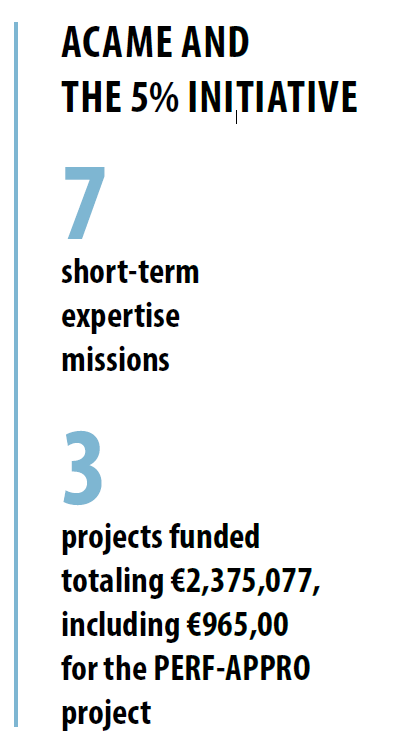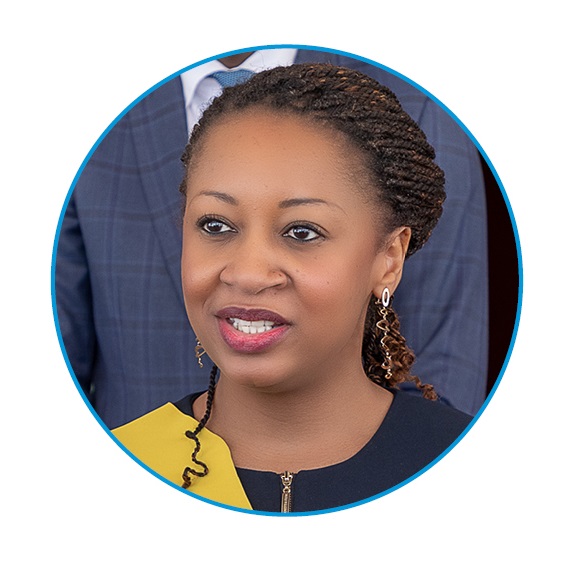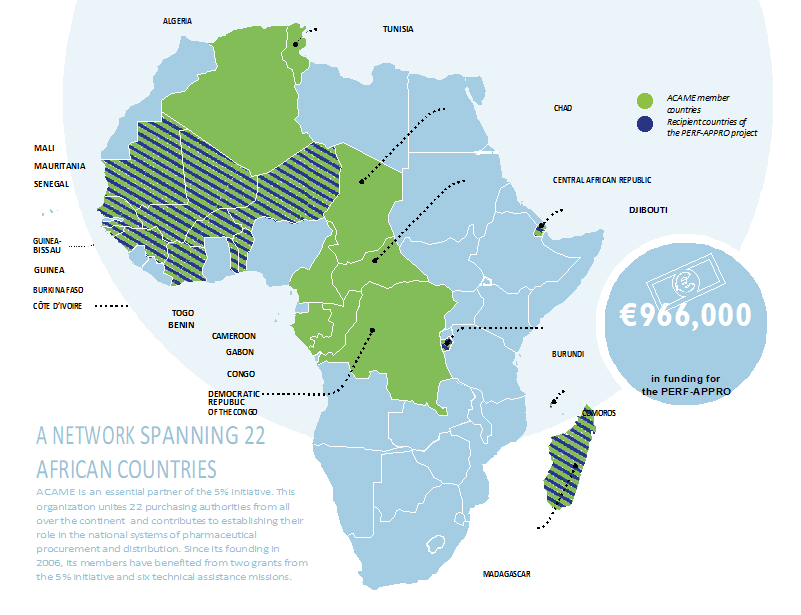Drugs: “The issue of bulk purchases is highly strategic”

The 5% Initiative supports the strengthening of health systems in complementarity with Global Fund investments. The operational objectives of this strategy include: strengthening purchasing and stock management systems for health products in countries and worldwide.
In this context, drugs purchasing centres are the pillars of national pharmaceutical distribution systems. ACAME, an association that brings together 22 purchasing centres throughout Africa, contributes to reinforcing their role in national pharmaceutical supply and distribution systems. It is therefore a key partner for the 5% Initiative, which has been supporting it since 2011 via technical assistance missions and financing for long-term projects.

Dr. Anne Maryse K’habore is Executive Director of the Burkina Faso Essential Generic Drugs Purchasing Centre and Permanent Secretary of ACAME.
She takes a look at the issues of drug supply and the support provided by the 5% Initiative.
What are the tools for improving the supply of essential drugs in Africa?
Dr. Anne Maryse K’habore – For the supplies themselves, it is already a mission of ACAME to bring together national purchasing centres (CNAs). Identifying centres of excellence and developing a differentiated approach to improve the performance of CNAs, based on South-South cooperation, is an interesting approach. The three major issues for regulation are certifying products, inspecting pharmaceutical companies and monitoring the market.
The PERF-APPRO project aims to improve the supply of high-quality essential drugs for 14 centres that are members of ACAME. What progress has this project made since it was set up?
Dr. Anne Maryse K’habore – 49% of the activities have been implemented and a technical coordination workshop relaunched the project in late April 2019 by mobilising new stakeholders for joint purchasing. This highly strategic issue will give ACAME more power during negotiations with manufacturers. This will have an impact on purchase prices and will increase access to health products. The future executive unit for joint purchasing will benefit from technical assistance from the 5% Initiative. It will be an important body at ACAME. It already involves outlining the reform of ACAME’s governance model and economic model.
Since 2006, ACAME has benefited from technical assistance from France Expertise Internationale (FEI) and now from the 5% Initiative. What do you get out of it?
Dr. Anne Maryse K’habore – It’s our main financial partner. This mechanism is essential given the lack of financing in the drug sector. It allows us to develop pilot projects which, when they are scaled up, can benefit from Global Fund financing. More generally, France has been a loyal partner of ACAME since it was set up. Building on this cooperation, we need to renew our partnerships and mobilise new financial resources.
 More about ACAME : www.acame.net
More about ACAME : www.acame.net
 More about the 5% Initiative: www.initiative5pour100.fr
More about the 5% Initiative: www.initiative5pour100.fr



